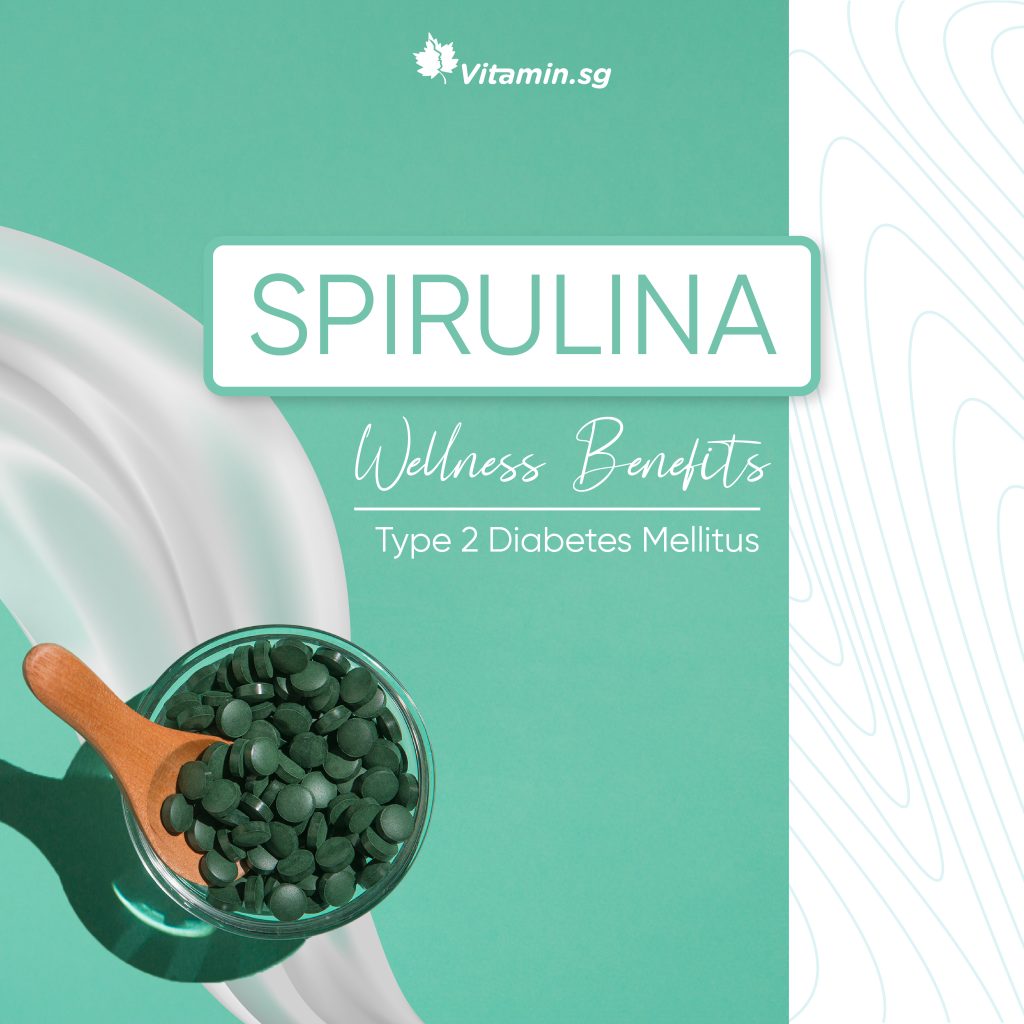Home / Health Blog / Everything You Need to Know About Vitamin D
Vitamin D, also known as calciferol, is actually two fat-soluble vitamins including vitamin D2 and vitamin D3. The term vitamin D includes both of these when referred to. Vitamin D3 is unique in that the body produces it when the skin is exposed to ultraviolet B radiation, or sunlight.Vitamin D is important in the maintenance of the organ systems. It regulates the calcium and phosphorous levels in the blood and promotes the absorption of the nutrients from your food in the intestines. It also promotes the re-absorption of calcium in the kidneys. Perhaps the most important function of vitamin D is that it promotes bone formation and mineralization. This is essential in developing and maintaining strong bones.Vitamin D is also good for the immune system. It helps to promote the suppression of disease and infection, promotes phagocytosis and anti-tumor activity in the body.Vitamin D deficiency may occur if a person does not receive adequate sunlight exposure or if they have a disorder that limits the absorption of vitamin D. Liver or kidney disorders may also affect the absorption of vitamin D and cause deficiency. Several conditions may occur in a person that is deficient including:
Very few foods are naturally abundant in vitamin D. The majority of vitamin D that we receive in our diet is due to our foods being fortified with it. Vitamin D fortified foods include:
Natural sources of vitamin D include:
The majority of our vitamin D comes from the conversion process that takes place when sunlight enters our skin. However, there are variables that may affect this vitamin D synthesis in the skin. Depending on where you live, you may not have the proper exposure to sunlight. People who live above 30 degrees latitude will often need to supplement vitamin D because they do not receive enough sunlight. Other factors such as smog, sunscreen, cloud cover and time of day also have an effect on vitamin D synthesis.The recommended daily intake of vitamin Di for infants, children and adults is 5 micrograms per day or 200 IU per day. Older adults, age 51-70, need to receive 15 micrograms a day or 600 IUs. These dosages should increase during the winter months if you live above 30 degrees latitude or if you live in an area where there is an absence of sun exposure for a length of time.


